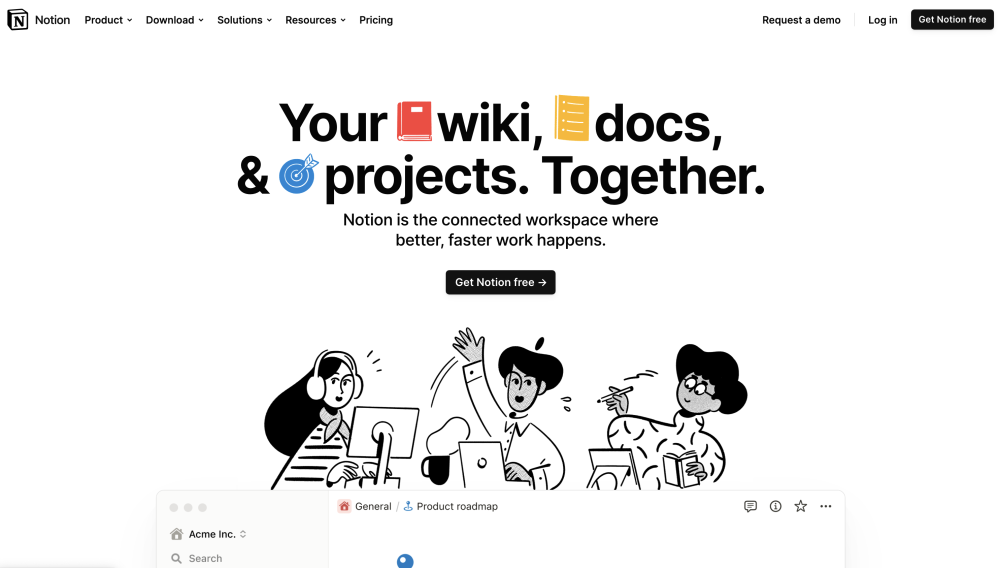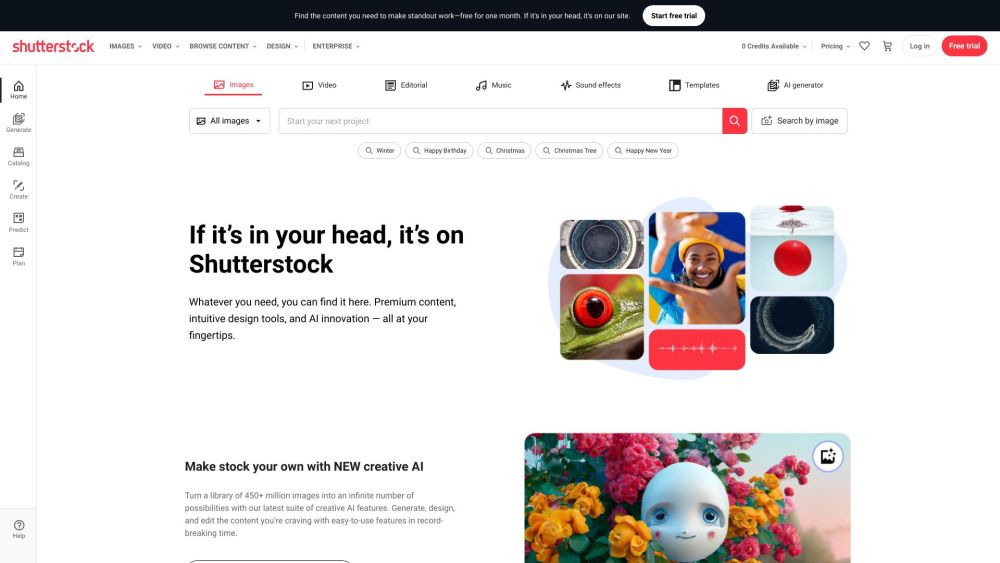Former Google CEO Eric Schmidt has recently sounded the alarm in media interviews about the escalating power of AI, warning that computers could soon make autonomous decisions, posing significant risks. He specifically highlights the pivotal role AI-driven drones will play in future warfare but stresses the critical need for humans to maintain "meaningful control" over these systems.
Schmidt’s new company, White Stork, has already delivered advanced AI-powered drones to Ukraine. While acknowledging the current limitations and imperfections of generative AI, Schmidt warns that AI behaviors can sometimes veer beyond developers' expectations and controls, especially when optimizing user engagement on social media platforms.
In his recent book, Schmidt discusses the potential need for a "kill switch" when AI systems begin to self-improve. This concept underscores the importance of human oversight in preventing unchecked AI evolution. Meanwhile, Schmidt remains actively involved in shaping the regulatory landscape through investments in AI startups and lobbying efforts for stricter AI laws on Capitol Hill.
Fresh Insights and New Perspectives
Schmidt also emphasizes the dual-edged nature of AI advancements. On one hand, AI promises transformative benefits across various sectors, from enhancing national security to improving healthcare outcomes. On the other hand, it introduces unprecedented ethical challenges and potential for misuse. For instance, AI's ability to generate highly convincing deepfake content can be exploited for malicious purposes, undermining trust and causing harm.
Furthermore, Schmidt points out that while AI can streamline processes and enhance efficiency, it also raises concerns about job displacement and economic inequality. As industries increasingly adopt AI technologies, there is a growing need for policies that address these socio-economic impacts.
To mitigate these risks, Schmidt advocates for a balanced approach that combines technological innovation with robust ethical frameworks. He calls for collaborative efforts between governments, tech companies, and academic institutions to establish comprehensive guidelines and regulations. These measures should aim to foster responsible AI development while ensuring transparency and accountability.
By promoting both innovation and ethical governance, Schmidt hopes to steer AI advancements towards benefiting society as a whole, rather than exacerbating existing problems or creating new ones.






